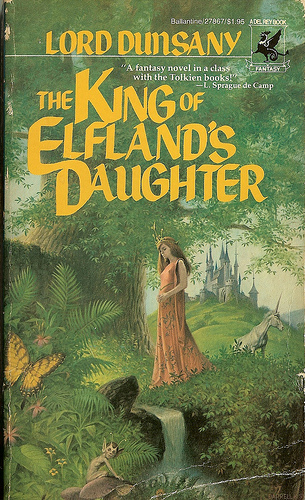 “If any man wishes to write in a clear style, let him be first clear in his thoughts…”
“If any man wishes to write in a clear style, let him be first clear in his thoughts…”
–Goethe
“Don’t tell me the moon is shining; show me the glint of light on broken glass.”
–Anton Chekhov
“A good style should show no signs of effort. What is written should seem a happy accident.”
–W. Somerset Maugham
The five basic Elements of Fiction are character, plot, setting, theme, and style. In a previous post I added Originality to this list, especially when it comes to Fantasy Fiction. This time around I’d like to talk about Style…what it is, why it’s important, and most importantly how to get one.
Style is important in all kinds of writing, but Fantasy has its own stylistic demands. Very few people alive today are experts at writing in Old English, Middle English, or other antique forms of language. And what’s more, very few readers want to read stories/book written in such a style.
Consider this passage from E. R. Eddison’s fantasy masterpiece, THE WORM OUROBOROS:
“Then befell great manslaying between the sea-cliffs and the sea. The Demons, taken at that advantage, were like a man tripped in mid-stride by a rope across the way. By the sore onset of the Witches they were driven down into the shallows of the sea, and the spume of the sea was red with blood. And the Lord Corinius, now that he had done with feigned retreat, fared through the battle like a stream of unquenchable wildfire, that none might sustain his strokes that were about him.”
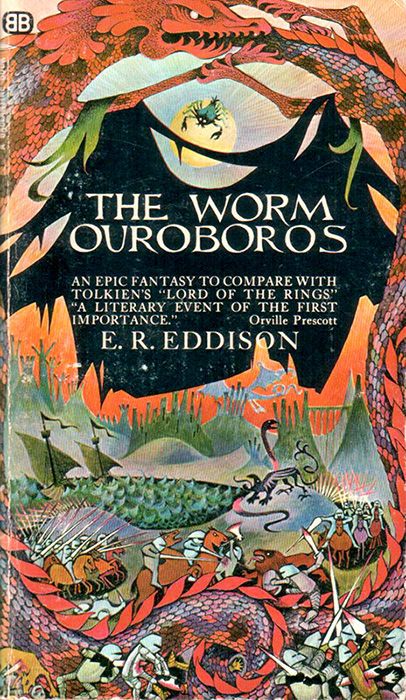 For those of us who relish Shakespeare and thrill to antique forms of language, this brilliant passage is highly enjoyable. Yet there is no doubt that its style is vastly outdated and many modern readers would shy away from this fantastic novel simply because of its weight of style and ponderous language. Beauty is in the eye of the beholder, but keep in mind that Eddison published his masterwork way back in 1922. Although beautiful and perfect for the feel of high fantasy, that language just doesn’t fly today…unless you’re staging a production of HAMLET.
For those of us who relish Shakespeare and thrill to antique forms of language, this brilliant passage is highly enjoyable. Yet there is no doubt that its style is vastly outdated and many modern readers would shy away from this fantastic novel simply because of its weight of style and ponderous language. Beauty is in the eye of the beholder, but keep in mind that Eddison published his masterwork way back in 1922. Although beautiful and perfect for the feel of high fantasy, that language just doesn’t fly today…unless you’re staging a production of HAMLET.
Instead of antique language, today’s fantasy demands a certain timelessness of language. That’s where the writer’s Style means everything.
There’s on old show-biz joke that goes: “How do you get to Carnegie Hall?” The punch line: “Practice.” It’s much the same with Style. The absolute WORST thing you can do as a young/beginning writer is consciously emulate someone’s style. Imitation may be the sincerest form of flattery, but it is NOT the best route to great writing. Style comes mainly from a writer’s subconscious and natural tendencies…it is as distinctive as a thumbprint and it can change over time. We all change as we grow, learn, and develop in life, and so it’s only perfectly natural for our writing style to change.
…
Read More Read More
 Luke Forney wraps up his detailed, three-part examination of Black Gate 14 with a look back at Part II:
Luke Forney wraps up his detailed, three-part examination of Black Gate 14 with a look back at Part II: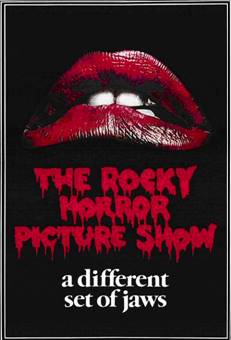 No seriously, I can’t believe I’m writing this. But here goes.
No seriously, I can’t believe I’m writing this. But here goes. On Monday Amazon.com
On Monday Amazon.com  “If any man wishes to write in a clear style, let him be first clear in his thoughts…”
“If any man wishes to write in a clear style, let him be first clear in his thoughts…” For those of us who relish Shakespeare and thrill to antique forms of language, this brilliant passage is highly enjoyable. Yet there is no doubt that its style is vastly outdated and many modern readers would shy away from this fantastic novel simply because of its weight of style and ponderous language. Beauty is in the eye of the beholder, but keep in mind that Eddison published his masterwork way back in 1922. Although beautiful and perfect for the feel of high fantasy, that language just doesn’t fly today…unless you’re staging a production of HAMLET.
For those of us who relish Shakespeare and thrill to antique forms of language, this brilliant passage is highly enjoyable. Yet there is no doubt that its style is vastly outdated and many modern readers would shy away from this fantastic novel simply because of its weight of style and ponderous language. Beauty is in the eye of the beholder, but keep in mind that Eddison published his masterwork way back in 1922. Although beautiful and perfect for the feel of high fantasy, that language just doesn’t fly today…unless you’re staging a production of HAMLET.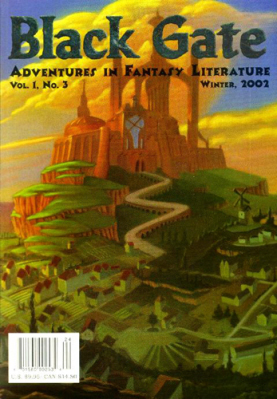 As previously announced, Black Gate subscriptions will increase from $29.95 to $39.95 for four issues, starting August 15.
As previously announced, Black Gate subscriptions will increase from $29.95 to $39.95 for four issues, starting August 15.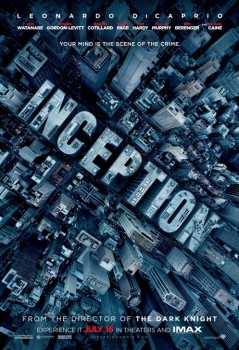 Inception (2010)
Inception (2010)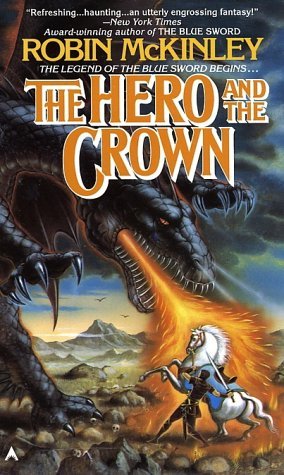 The Hero and the Crown by Robin McKinley
The Hero and the Crown by Robin McKinley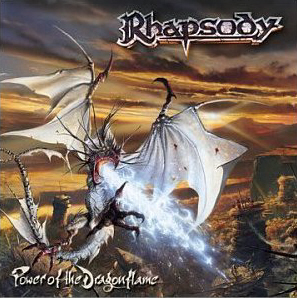 Once upon a time, on a dark winter’s night, a black-clad adventurer came to my apartment to tutor me in the ways of Heavy Metal. Such Metal, that is, as pertained to my favorite genre ever, Fantasy. The long and fraught road leading to this nocturnal excursion can be found
Once upon a time, on a dark winter’s night, a black-clad adventurer came to my apartment to tutor me in the ways of Heavy Metal. Such Metal, that is, as pertained to my favorite genre ever, Fantasy. The long and fraught road leading to this nocturnal excursion can be found 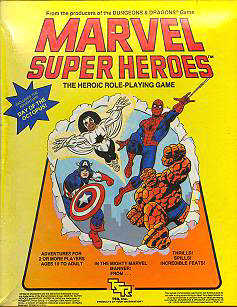 John O’Neill’s editorial in Black Gate 14 touched on gaming, on wargaming and role-playing, and on the way these things shaped the way friends interact. It hit home for me, because I recognised in my life much the same sort of phenomenon John described in his own.
John O’Neill’s editorial in Black Gate 14 touched on gaming, on wargaming and role-playing, and on the way these things shaped the way friends interact. It hit home for me, because I recognised in my life much the same sort of phenomenon John described in his own.